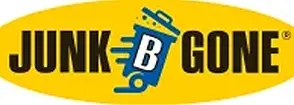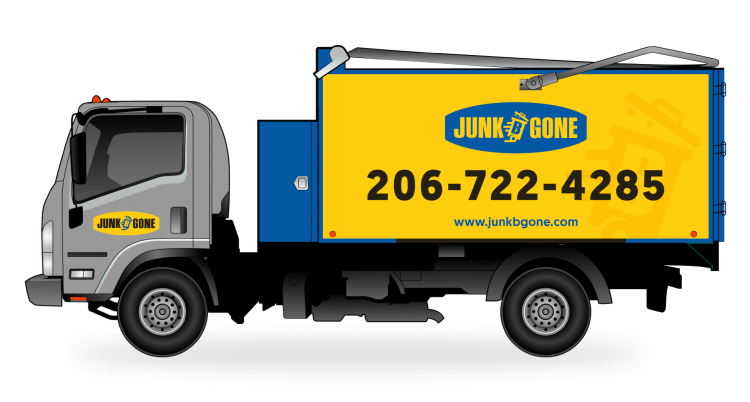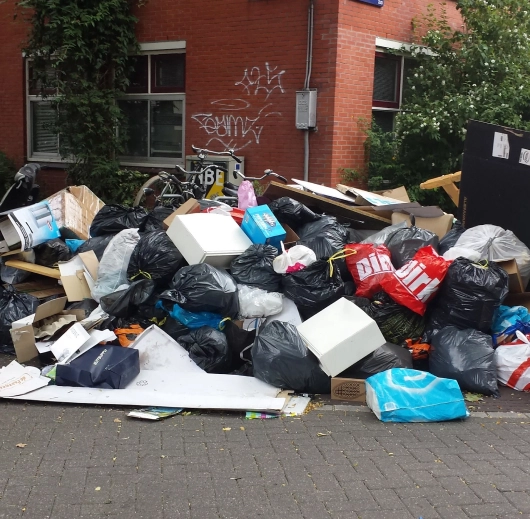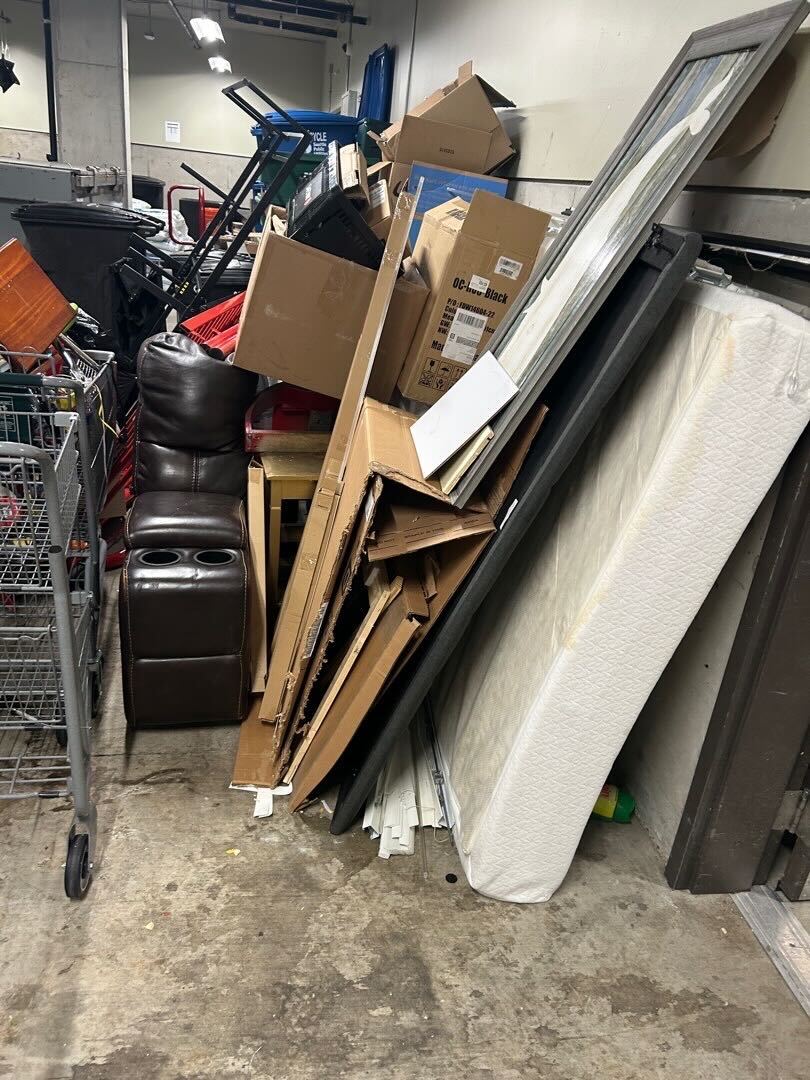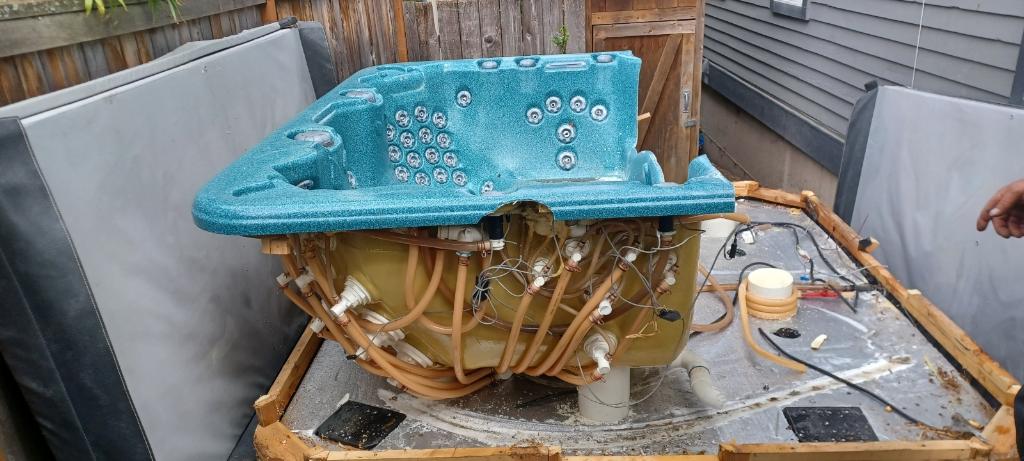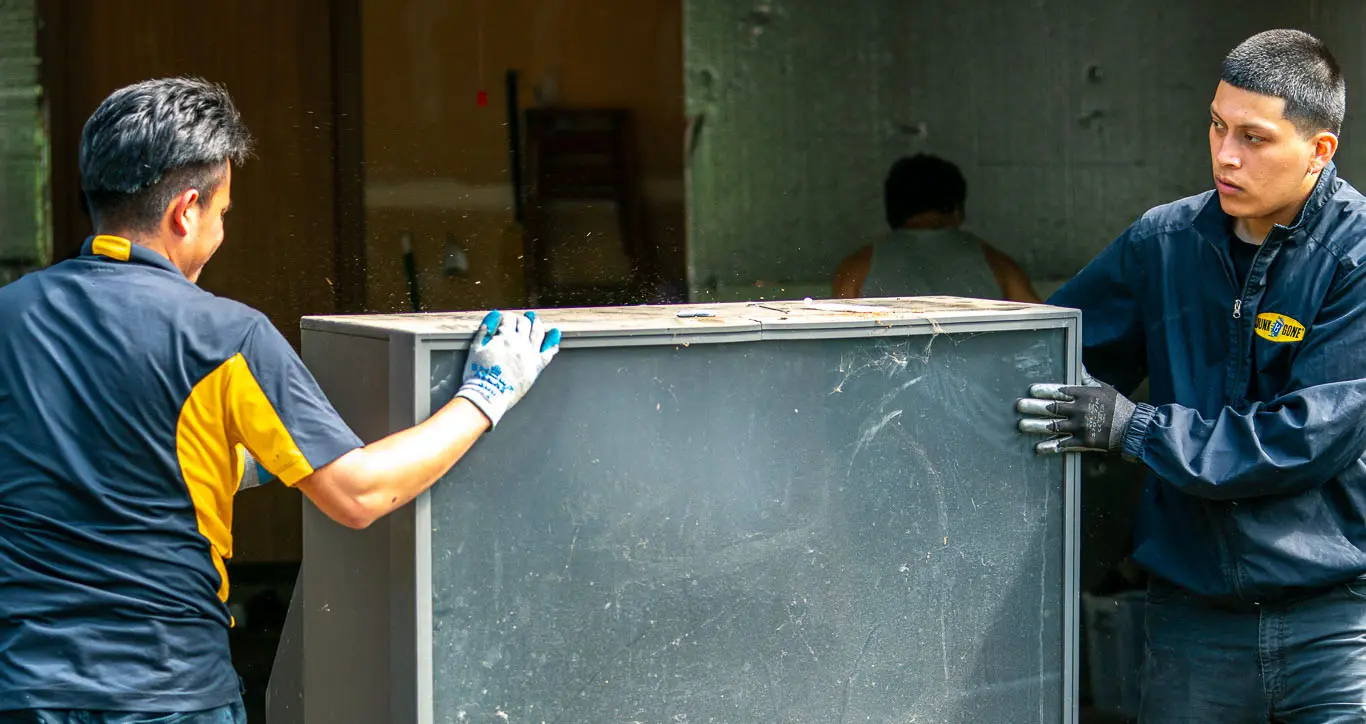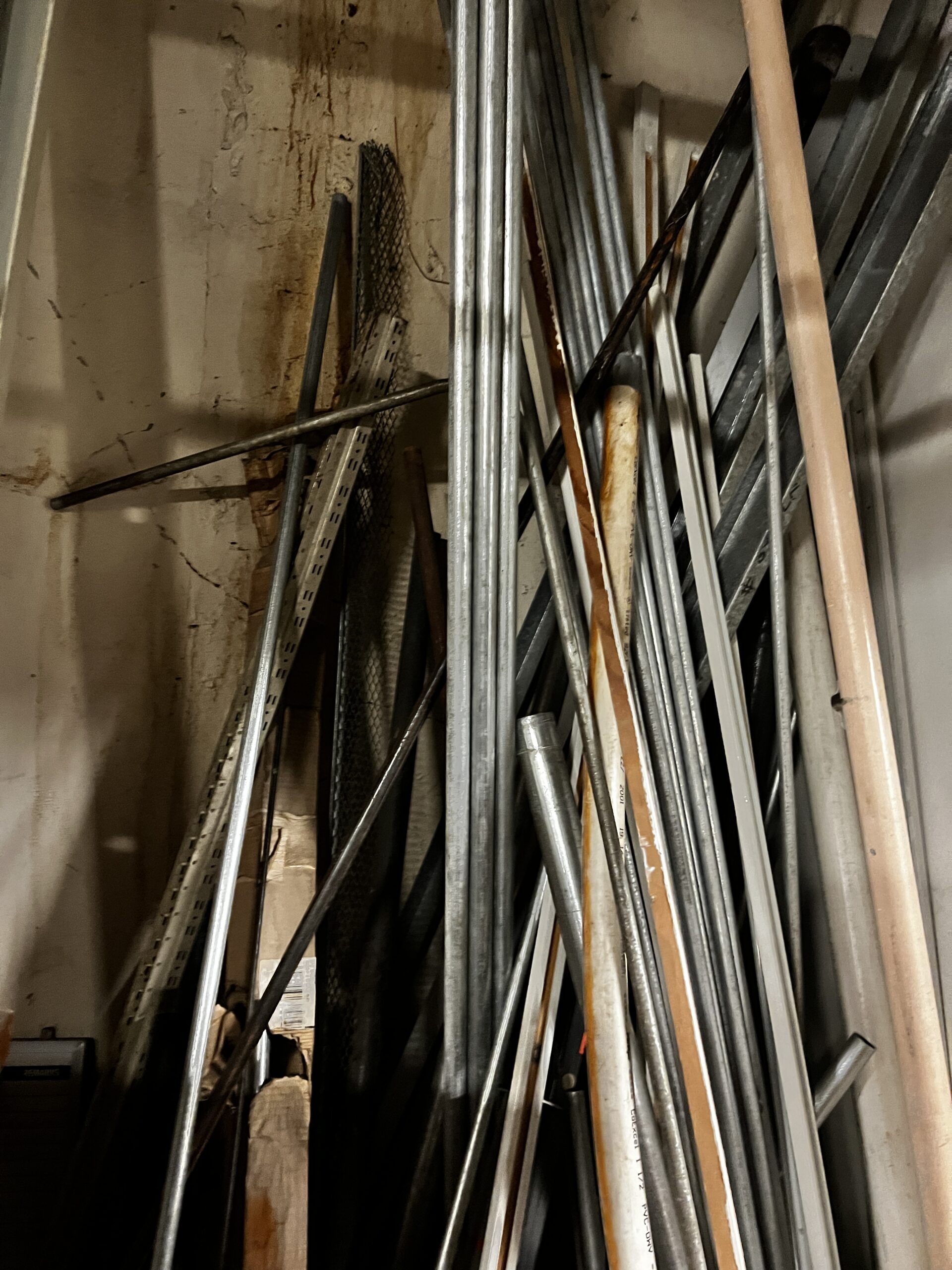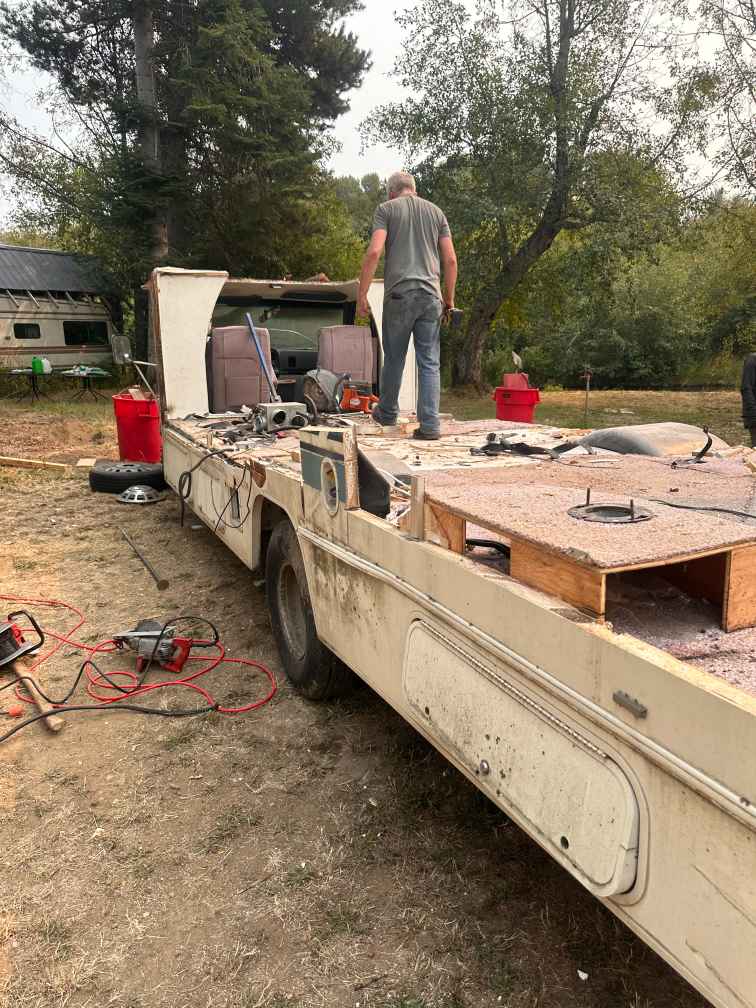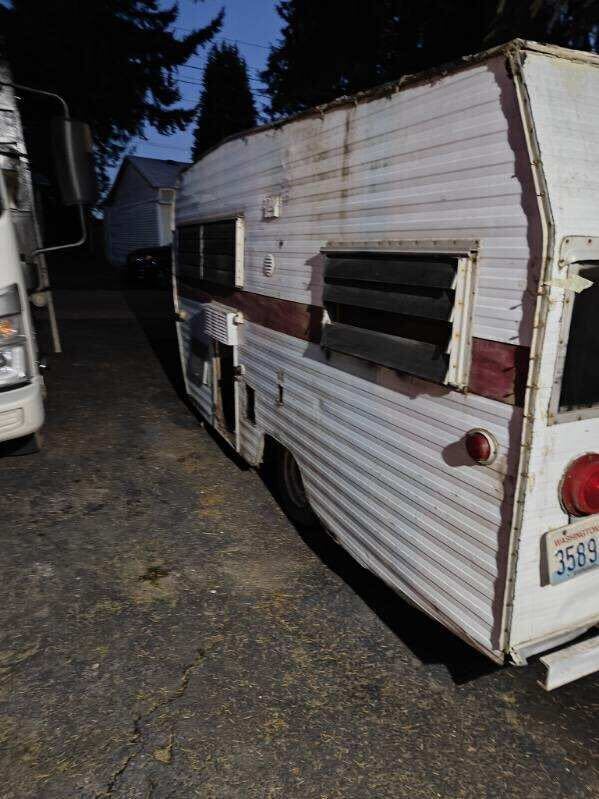The proper disposal of expired medication is a critical issue that intersects with public health, environmental safety, and legal compliance. Whether it’s outdated medications, used sharps, or other medical byproducts, each type of waste carries potential risks that necessitate careful handling. Without adequate disposal methods, these substances can pose significant hazards not only to human health but also to the environment. Pharmaceuticals can leach into our water systems, affecting aquatic life and potentially entering our drinking water, while improperly disposed sharps can pose infection risks to sanitation workers and the public.
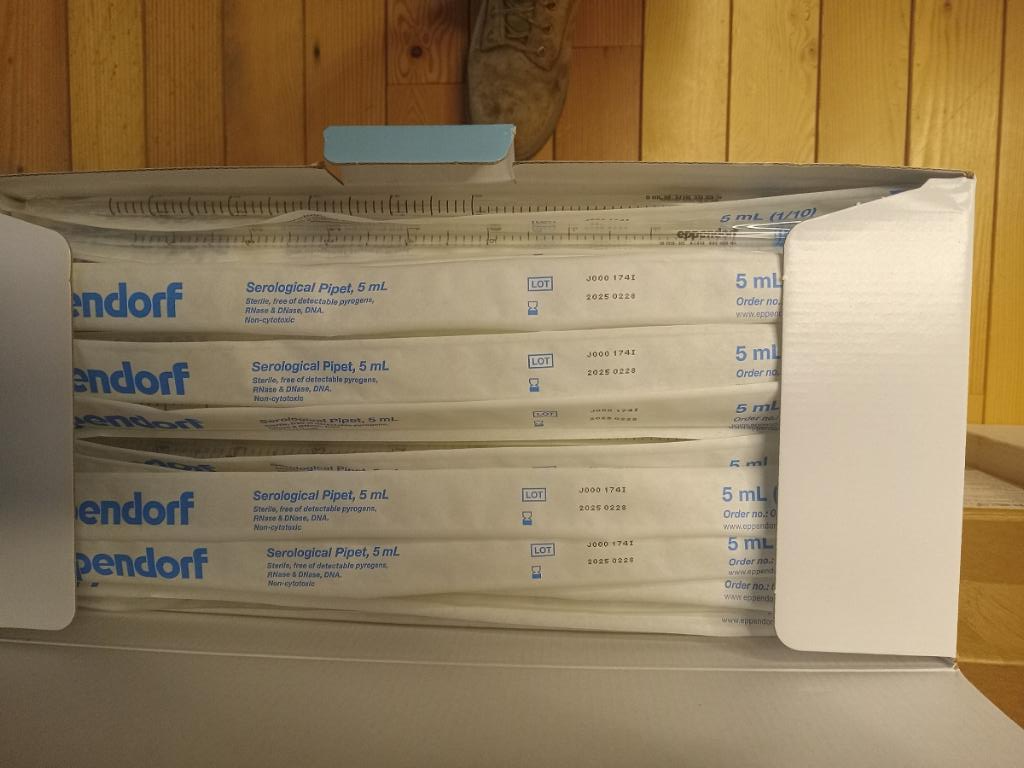
Many people are unaware that flushing medications down the toilet or throwing them in the trash can contribute to pollution and drug resistance. Similarly, sharps thrown carelessly into household waste can injure family members or waste handlers, posing serious health risks. These scenarios highlight why it’s crucial to manage expired and unused medical waste responsibly.
By adhering to proper disposal protocols, we can mitigate these risks and contribute to a safer, healthier environment. This involves understanding the legal requirements for disposal, utilizing approved take-back programs, and employing correct handling procedures for hazardous wastes. The benefits of doing so extend beyond just compliance with the law or the avoidance of penalties; they contribute directly to the well-being of our communities and the preservation of our natural ecosystems. Through informed actions and responsible behavior, everyone can play a part in ensuring that medical waste is disposed of in a manner that safeguards public health and protects our planet.
What is Medical Waste?
Medical waste encompasses a range of materials associated with healthcare that are no longer viable due to their expiration date, contamination, or other reasons that render them unsuitable for safe use. This category primarily includes expired medications, such as pills, liquids, and injectables, but it also covers items like used sharps (needles, syringes, and lancets), contaminated personal protective equipment (PPE), and other medical supplies like bandages and gauze which have come into contact with bodily fluids. Medical waste also includes old or unusable medical equipment.
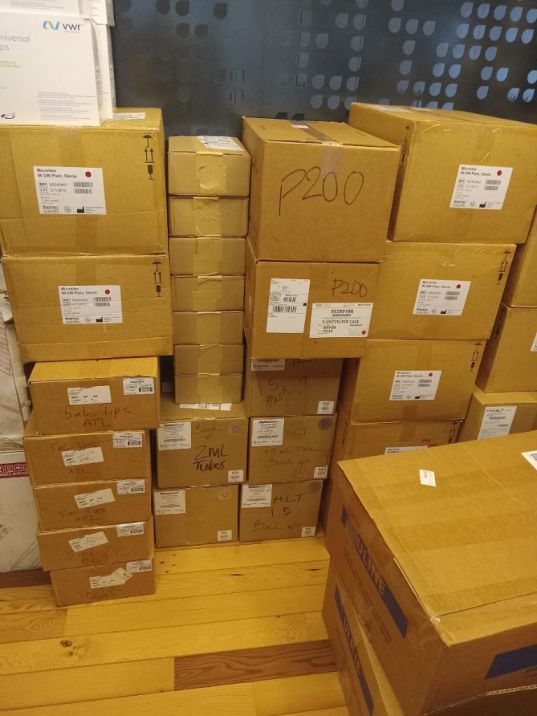
The disposal of these materials requires special attention because they often contain substances that could be hazardous if released into the environment or handled improperly. For example, expired medications might maintain active chemical properties that could contaminate waterways or harm wildlife if disposed of in regular household waste streams. Similarly, used sharps can carry blood-borne pathogens and pose significant infection risks, necessitating careful handling and specific disposal methods to ensure they are not a threat to public health.
Proper management and disposal of medical waste are critical to preventing these potential hazards. This involves not only following legal and regulatory guidelines but also adopting best practices for segregation, containment, and disposal. By understanding what constitutes medical waste and the risks associated with it, individuals and healthcare providers can take informed steps to ensure they handle these materials responsibly, thereby protecting themselves, the community, and the environment from unintended harm.
What are the Regulations for Medical Waste Disposal?
The disposal of medical waste is tightly regulated to ensure public safety and environmental protection. Both federal and state regulations lay out specific guidelines that must be followed by individuals and healthcare facilities alike to manage this type of waste properly.
Federal Regulations:
- Resource Conservation and Recovery Act (RCRA): Administered by the Environmental Protection Agency (EPA), the RCRA controls the management of hazardous waste from its creation to its final disposal, including treatment, storage, and disposal facilities. Certain pharmaceuticals are listed as hazardous waste under this act when discarded.
- Drug Enforcement Administration (DEA): The DEA regulates the disposal of controlled substances, including prescription medications. Their guidelines are designed to prevent diversion and misuse of addictive substances.
- Department of Transportation (DOT): Regulates the transportation of hazardous materials, including medical waste, ensuring safe and secure movement from the point of origin to the disposal facility.
State Regulations:
- State regulations can vary significantly and often provide more specific guidelines that complement federal regulations. These may include:
- Licensing requirements for facilities that handle medical waste.
- Tracking systems that document the disposal process from start to finish.
- Specific disposal methods for particular types of waste like sharps or chemotherapy drugs.
It’s essential for anyone involved in the disposal of medical waste to be aware of and understand these regulations. Compliance not only helps in avoiding legal penalties but also protects the health of the community and the environment. Facilities and individuals should consult with state environmental protection agencies or local health departments for guidance tailored to their location, as local rules may be more stringent than federal ones. By staying informed about these regulatory requirements, those handling medical waste can ensure they manage it in the safest, most responsible way possible.
What are your options for disposing Expired Medication?
Disposing of expired medication requires careful consideration to prevent environmental contamination and ensure they do not pose a risk to public health. Several safe disposal methods are recommended for handling these types of medical waste, each suited to different circumstances and types of medication.
Recommended Disposal Methods:
- Drug Take-Back Programs: These programs are one of the safest and most effective ways to dispose of expired medications. They are often sponsored by local pharmacies, police stations, or health departments. These programs ensure that medications are disposed of securely and responsibly.
- DEA National Prescription Drug Take-Back Day: This event is held twice a year and provides a safe, convenient, and anonymous means of disposing of prescription drugs.
- Permanent Collection Sites: Many communities have permanent drop-off locations at pharmacies or law enforcement facilities where medications can be deposited any time of the year.
- Mail-Back Programs: Some pharmacies and organizations offer mail-back services for expired or unused medications. These typically involve mailing the medications to a certified disposal facility using prepaid drug disposal bags.
- Disposal in Household Trash: If no take-back programs or mail-back services are available, the FDA recommends mixing medications (do not crush tablets or capsules) with an unappealing substance such as dirt, cat litter, or used coffee grounds, placing the mixture in a sealed plastic bag, and throwing the bag in your household trash. This method helps prevent the drugs from being diverted and abused, although it’s generally considered less preferable due to potential environmental risks.

Important Considerations:
- Never Flush Medications: Unless the label or patient information specifically instructs you to do so, avoid flushing medications down the toilet. Many drugs are not removed during wastewater treatment processes and can end up in waterways, potentially harming aquatic life and contaminating water supplies.
- Follow Specific Guidelines for Certain Medications: Some medications, particularly those containing controlled substances or that are highly toxic (like chemotherapy drugs), may require special handling procedures. Always check the label for disposal instructions or consult a pharmacist.
By utilizing these disposal options, individuals can ensure that expired medications are handled safely, reducing potential risks to others and minimizing environmental impact. Proper disposal of medications is a crucial step in safeguarding our communities and ecosystems.
What are the costs associated with medical waste disposal?
The disposal of medical waste, particularly expired medications and other hazardous materials, involves significant costs that can impact healthcare facilities and waste management companies. Understanding the breakdown of these costs is essential for effective budgeting and compliance with environmental and health regulations.
Breakdown of Costs:
- Collection and Transportation: Safe collection and secure transportation of medical waste to disposal facilities or incinerators often involve specialized services that can be costly. These services must comply with regulatory standards, which may include using specific types of containers and vehicles, further adding to the expenses.
- Treatment and Disposal: The actual process of treating and disposing of medical waste varies depending on the type of waste and local regulations. Common methods include autoclaving, incineration, and chemical treatment, each with different cost implications:
- Autoclaving (steam sterilization) is generally less expensive but is limited to non-hazardous waste.
- Incineration is more costly but effective for almost all types of medical waste, including hazardous and pharmaceutical waste.
- Chemical treatment and other specialized processes for particular waste types, like chemotherapy drugs, can be the most expensive due to the need for advanced technology and safety measures.
- Regulatory Compliance: Adhering to federal and state regulations incurs additional costs. These may include licensing fees, training costs for handling and disposal procedures, and penalties for non-compliance, which can be substantial.
Impact on Healthcare Facilities and Waste Management Companies:
- Budget Constraints: For healthcare facilities, the high cost of medical waste disposal can strain budgets, particularly for smaller clinics or hospitals that generate less waste but must still comply with the same stringent regulations as larger institutions.
- Operational Challenges: Waste management companies face challenges in maintaining profitability while adhering to environmental and health safety standards. Innovations in waste treatment technologies and strategies for waste reduction are critical to managing these costs.
- Price of Services: Ultimately, the costs associated with medical waste disposal can affect the pricing of services offered by healthcare providers and waste management companies. This can impact service accessibility and quality, as businesses may need to adjust their pricing models to cover the costs of compliance and disposal.
Efficient management and innovative waste disposal solutions are key to controlling these costs and minimizing their impact on healthcare facilities and waste management companies. By optimizing waste streams and investing in sustainable disposal technologies, these organizations can reduce expenses while still ensuring safe and compliant waste handling.
How to Choose a Medical Waste Disposal Company?
When it comes to choosing a medical waste disposal company, selecting a reputable service provider is critical for ensuring safety, compliance, and cost-effectiveness. The proper handling of medical waste not only adheres to strict regulatory requirements but also protects public health and the environment. Here are some key factors to consider and tips on evaluating potential service providers:
What to Look for in a Medical Waste Disposal Company:
- Compliance with Regulations: Ensure that the company is fully compliant with both federal and state regulations governing medical waste disposal. They should have all necessary permits and should regularly train their staff on the latest waste management protocols.
- Reliability and Experience: Look for companies with a proven track record of reliable service. Experience in the field indicates that they have established protocols and infrastructure to handle medical waste effectively and safely.
- Services Offered: Check that the company provides services tailored to your specific needs. This can include different disposal methods, such as autoclaving, incineration, or chemical treatment, and services like on-site collection, mail-back programs, and sharps disposal.
Tips on Evaluating Service Providers:
- Ask for References: Request and contact references to get feedback on their experiences with the disposal company. Current and past clients can provide insights into the company’s reliability and quality of service.
- Review Customer Service: Good customer service is crucial. Assess how the company handles inquiries and their responsiveness to service requests. A provider that is readily available to address concerns indicates strong customer support.
- Compare Costs: Obtain quotes from several providers to compare costs. However, be wary of prices that seem unusually low, as this could indicate a compromise in service quality or regulatory compliance.
- Environmental Practices: Consider companies that emphasize environmentally-friendly disposal practices. Providers that invest in sustainable technologies demonstrate a commitment to reducing environmental impact.
Choosing the right medical waste disposal company involves thorough research and careful consideration of the above factors. By ensuring that your chosen provider meets high standards in compliance, reliability, and customer service, you can establish a partnership that effectively addresses your medical waste disposal needs while also aligning with your budget and environmental values.
Ready to Safely Dispose of Your Expired Medication or Medical Waste? Give us a call!
Navigating the intricacies of medical waste disposal can be daunting. But with Junk B Gone, you’re not alone. Our years of expertise in handling sensitive waste, combined with our commitment to environmental sustainability, make us the go-to choice for businesses across the greater Seattle area. Whether you’re a pharmaceutical company, a healthcare facility, or any other entity dealing with medical waste, we ensure a seamless, compliant, and eco-friendly disposal process.
Though we cant take all medical waste, we are equipped and experienced to handle some things, like expired medication, other expired materials, as well as old or unusable medical equipment. Give us a call and we can help! Contact us at Junk B Gone, we’re here to assist, ensuring that your medical waste is handled with the utmost care and professionalism.
